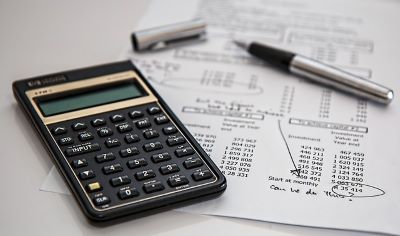Self Storage and Taxes
—
January 24th, 2024

When it comes to self-storage and tax season, there are a few considerations to keep in mind:
- Deductibility of Storage Expenses: In some cases, you may be able to deduct the cost of self-storage as a business expense on your taxes. This is typically applicable if you use the storage unit for business purposes. However, personal storage expenses are generally not deductible.
- Business Use of Storage: If you run a business and use the storage unit to store business-related items, such as inventory or equipment, you may be eligible for a tax deduction. Make sure to keep accurate records and consult with a tax professional to determine the specifics based on your situation.
- Moving Expenses: If you're using self-storage as part of a move for work purposes, you might be eligible for certain deductions related to moving expenses. This could include the cost of the storage unit during the move.
- Document and Keep Records: Regardless of the purpose of using self-storage, it's important to keep detailed records of your expenses. This includes rental agreements, receipts, and any communication related to the storage unit. These documents will be essential if you need to provide evidence during a tax audit.
- Consult with a Tax Professional: Tax laws can be complex and subject to change. It's advisable to consult with a tax professional who can provide personalized advice based on your specific situation and the current tax regulations.
Remember that tax laws can vary by location, so it's important to consider the regulations applicable to your specific jurisdiction.
StorWise Self Storage News & Blog
